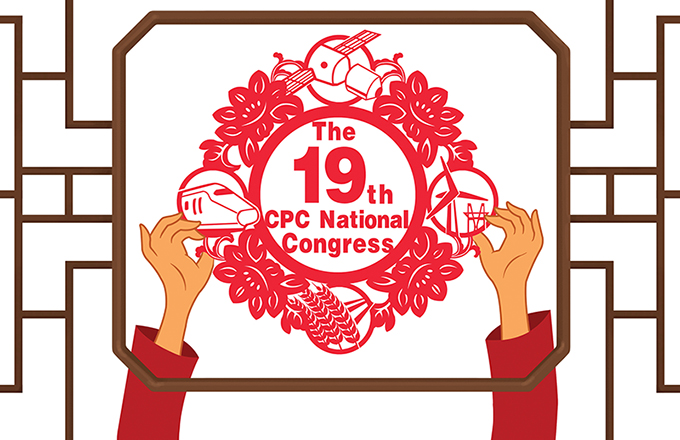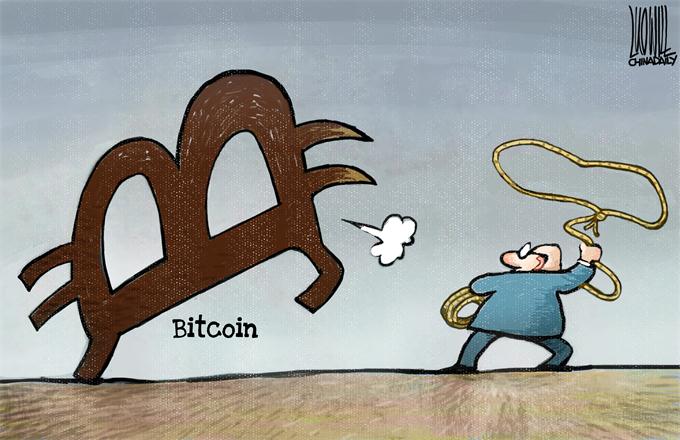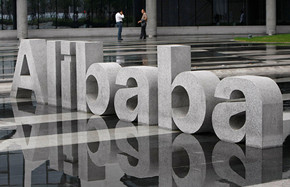Credibility crisis for industry leaders
 |
|
A prototype of a Hello Kitty branded toilet seat is on display at Sanrio's headquarters in Tokyo, Japan on February 2, 2015. The toilet seat, with heating and warm water shower functions, was one of the most popular items among Chinese customers in Japan during?the Spring Festival holiday, 2015. [Photo/CFP] |
Kobe Steel is just the latest in a string of corporate scandals involving data fabrication to hit Japanese manufacturers. Nissan Motor Co had to recall every new car it sold in Japan over the past three years amid concerns over falsified safety checks, while Suzuki Motor Corp and Mitsubishi Motors Corp have also faced scandals regarding their fuel economy data for their cars.
Likewise, German automaker Volkswagen, the world's largest automaker by sales, admitted in 2015 that it used unauthorized software to cheat the United States' diesel emission tests, which might have affected more than 10 million vehicles it sold worldwide. The credibility crisis facing time-honored manufacturers like Nissan and Volkswagen seems to have gone beyond shrinking domestic markets and increased global competition.
The dominant role of local manufacturers in the German and Japanese economies may be responsible for their compromised industrial standards. Big players contribute to the bulk of the two countries' social welfare and employment, and are often granted wider access to social resources, even immunity for misconduct in some cases. Their resourceful lobbyists also play a key role in sweeping scandals under the carpet.
For some industrial giants, seeking and securing monopolies is more cost-effective and profitable than painstakingly pursuing innovations. That might explain why some German and Japanese automakers were tempted to tamper with the modern compliance standards for bigger gains.
In the US, automaker General Motors filed for bankruptcy protection in 2009, which is another example of the lesson to be learned by such industrial giants. Dubbed "Government Motors", the Detroit-based auto giant had too many plants, too many workers and too many dealerships to be comfortable with a dramatic decline in sales when a global financial crisis hit the US economy. The scandal-mired German and Japanese carmakers must also make a move to become leaner and more efficient.
The time has come for a change in the industrial systems of manufacturing pioneers, whose once-vaulted global dominance is facing a moment of truth.

























